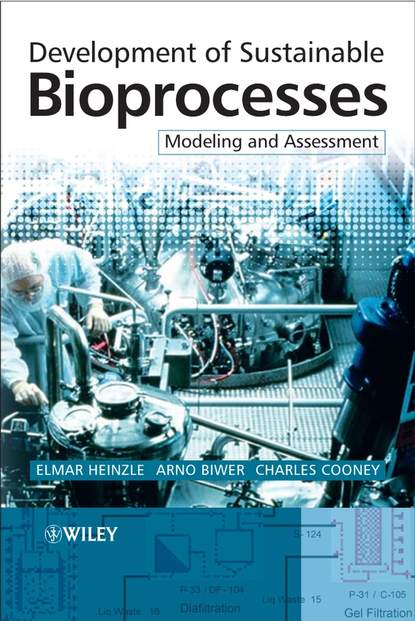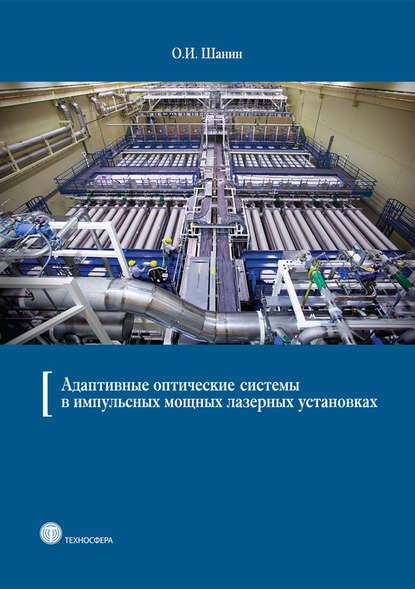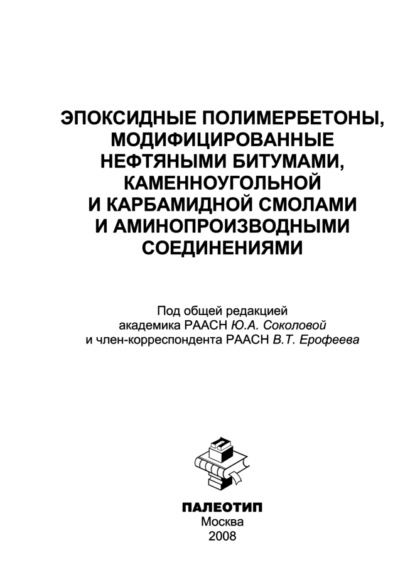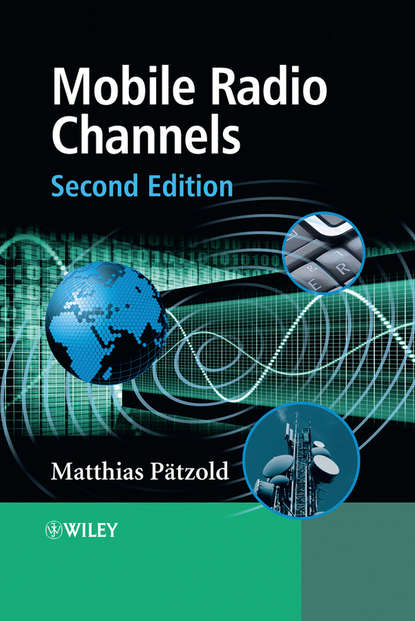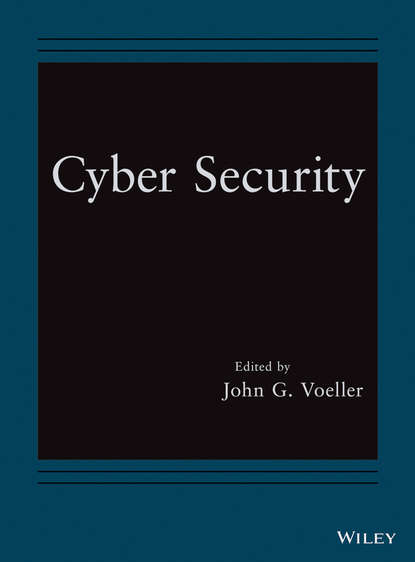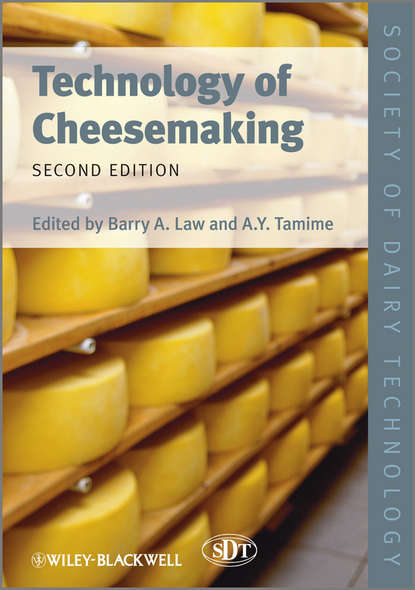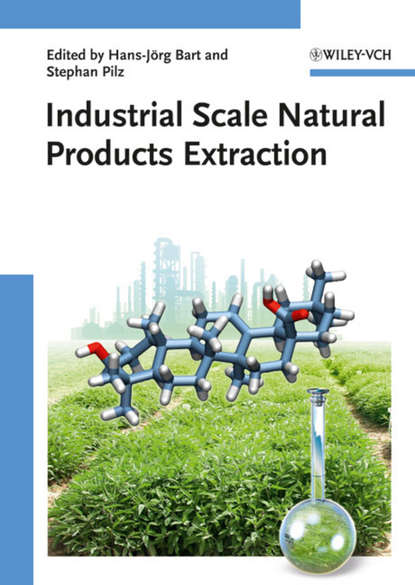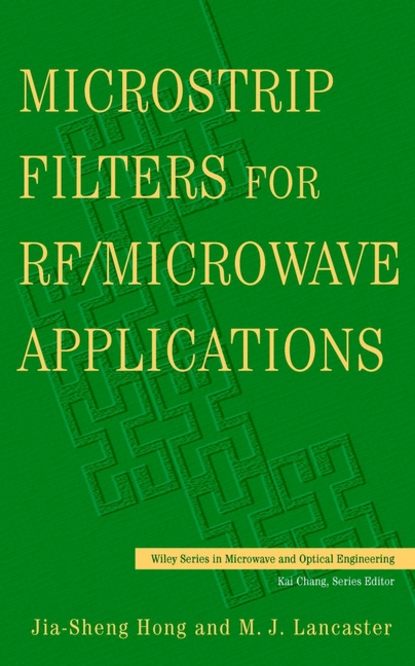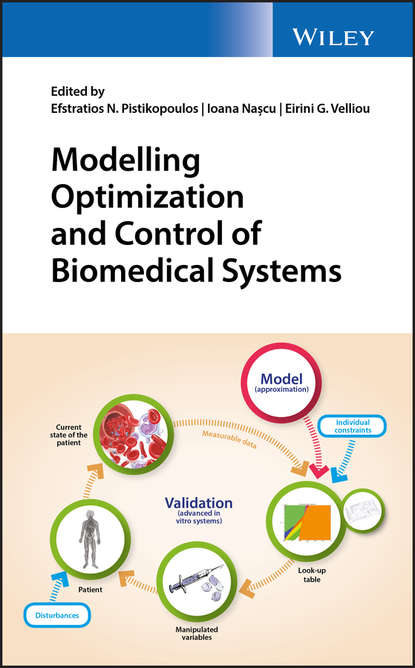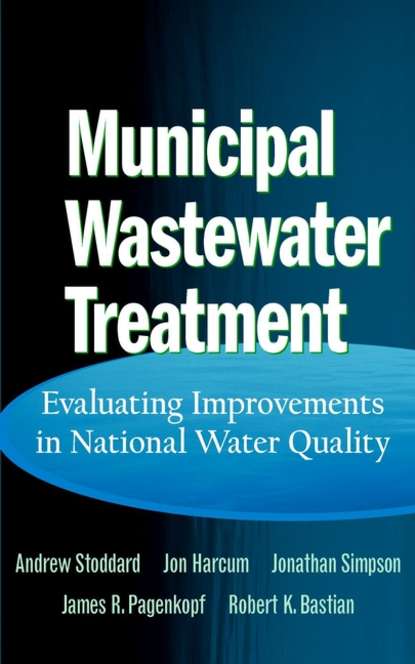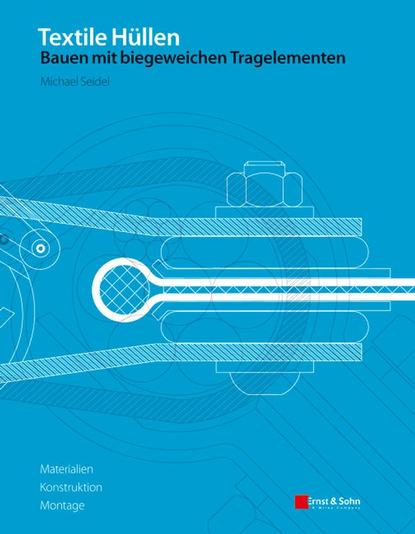Книга "Развитие устойчивых биопроцессов" автора Эльмара Хейзле знакомит читателя с технологиями обработки живых организмов (целых организмов или ферментов) в лабораторных условиях с использованием питательных веществ для производства желаемого продукта в фармацевтической, пищевой, косметической, биотехнологической и химической отраслях, при этом получая как экологически чистые и экономически эффективные процессы.
Представлены новые методологические подходы и примеры практики по развитию и внедрению устойчивых биотехнологий. В книге рассмотрены современные методы моделирования технологических процессов, а также оценка и анализ устойчивости. Каждая глава является основой для теории и практическими рекомендациями, используются различные технологические комбинации для создания качественных препаратов. Также в книге можно найти пояснения, что такое экологически чистый процесс и как его можно воплотить в жизнь. Представлены примеры реальных ситуаций, включающих в себя различное производство: от производства антибиотиков до производства биополимеров. Дополнительно представлены вспомогательные материалы на техническом носителе, которые помогут вам воспользоваться методами в сфере производства и менеджмента.
The book focuses on sustainable bioprocessing and develops strategies for modeling and assessing sustainability in these systems, defining case studies from the pharmaceutical, biological matrix, chemical industries, and sustainable development. It provides practical and industry focused insights into bioproduction and the various modeling approaches and sustainability assessment strategies currently applied.
Электронная Книга «Development of Sustainable Bioprocesses» написана автором Elmar Heinzle в году.
Минимальный возраст читателя: 0
Язык: Английский
ISBN: 9780470058909
Описание книги от Elmar Heinzle
Bioprocess technology involves the combination of living matter (whole organism or enzymes ) with nutrients under laboratory conditions to make a desired product within the pharmaceutical, food, cosmetics, biotechnology, fine chemicals and bulk chemicals sectors. Industry is under increasing pressure to develop new processes that are both environmentally friendly and cost-effective, and this can be achieved by taking a fresh look at process development; – namely by combining modern process modeling techniques with sustainability assessment methods. Development of Sustainable Bioprocesses: Modeling and Assessment describes methodologies and supporting case studies for the evolution and implementation of sustainable bioprocesses. Practical and industry-focused, the book begins with an introduction to the bioprocess industries and development procedures. Bioprocesses and bioproducts are then introduced, together with a description of the unit operations involved. Modeling procedures, a key feature of the book, are covered in chapter 3 prior to an overview of the key sustainability assessment methods in use (environmental, economic and societal). The second part of the book is devoted to case studies, which cover the development of bioprocesses in the pharmaceutical, food, fine chemicals, cosmetics and bulk chemicals industries. Some selected case studies include: citric acid, biopolymers, antibiotics, biopharmaceuticals. Supplementary material provides hands-on materials so that the techniques can be put into practice. These materials include a demo version of SuperPro Designer software (used in process engineering) and models of all featured case studies, excel sheets of assessment methods, Monte Carlo simulations and exercises. Previously available on CD-ROM, the supplementary material can now be accessed via http://booksupport.wiley.com by entering the author name, book title or isbn and clicking on the desired entry. This will then give a listing of all the content available for download. Please read any text files before downloading material.
